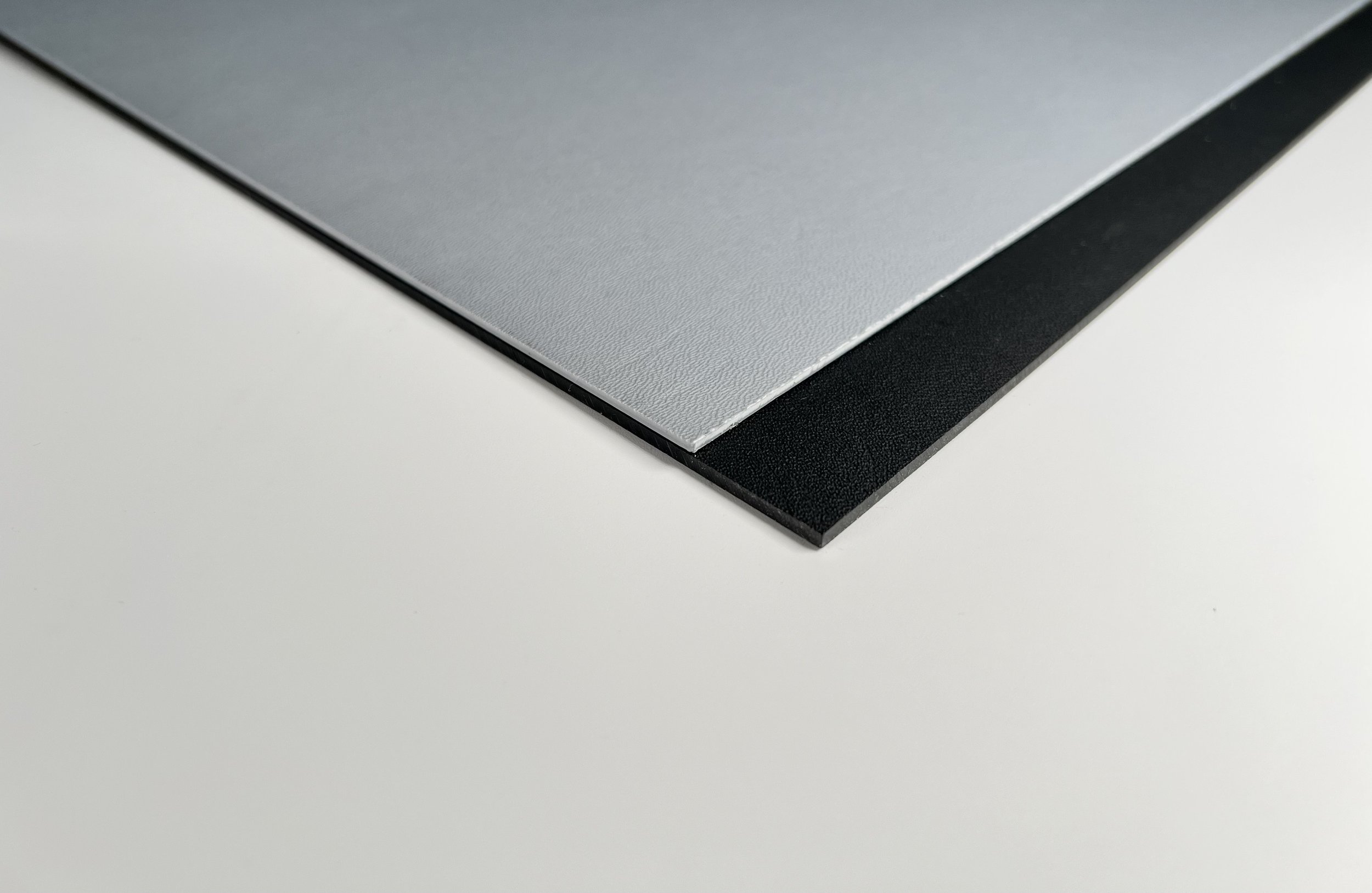High Density Polyethylene (HDPE)
High-density polyethylene (HDPE) is a versatile thermoplastic that is exceptionally rigid, and impact-resistant with a low coefficient of friction. HDPE offers fantastic strength, easy recyclability, and affordability making HDPE a preferred material for many manufacturers.
HDPE is also corrosion resistant, will not retain bacteria, and will not rot or splinter over time. These characteristics, alongside its exceptional weather resistance, make HDPE a great choice in applications surrounding or involving water, chemicals, solvents, and many other fluids.
While HDPE possesses a great strength-to-density ratio, it is easily meltable to be molded and is easily cut, machined, fabricated, welded, or mechanically fastened using everyday tools.
High-density polyethylene (HDPE) is a versatile thermoplastic that is exceptionally rigid, and impact-resistant with a low coefficient of friction. HDPE offers fantastic strength, easy recyclability, and affordability making HDPE a preferred material for many manufacturers.
HDPE is also corrosion resistant, will not retain bacteria, and will not rot or splinter over time. These characteristics, alongside its exceptional weather resistance, make HDPE a great choice in applications surrounding or involving water, chemicals, solvents, and many other fluids.
While HDPE possesses a great strength-to-density ratio, it is easily meltable to be molded and is easily cut, machined, fabricated, welded, or mechanically fastened using everyday tools.
High-density polyethylene (HDPE) is a versatile thermoplastic that is exceptionally rigid, and impact-resistant with a low coefficient of friction. HDPE offers fantastic strength, easy recyclability, and affordability making HDPE a preferred material for many manufacturers.
HDPE is also corrosion resistant, will not retain bacteria, and will not rot or splinter over time. These characteristics, alongside its exceptional weather resistance, make HDPE a great choice in applications surrounding or involving water, chemicals, solvents, and many other fluids.
While HDPE possesses a great strength-to-density ratio, it is easily meltable to be molded and is easily cut, machined, fabricated, welded, or mechanically fastened using everyday tools.
Common Applications
HDPE is suited for a wide range of applications and is often used to replace old and heavier machine parts to reduce contamination and machine downtime caused when parts fail. This process can be seen across numerous industries including material handling, food processing, automotive, marine and many more.
Other applications HDPE is well suited for include:
Bottling lines
Conveyor systems
Chute linings
Chemical, fuel, and water tanks
Fabricated Parts
Food Processing
Kick Plates
Medical
HDPE Technical Data
| Property | Test Method | Typical Values | |
|---|---|---|---|
| English Units | Metric Units | ||
| Physical Properties | |||
| Density | D1505 | 59.6 lbs/ft³ | 0.955 g/cc |
| Melt Index, Condition 190 0 C / 2.16 kg | D1238 | - | 0.25 g/10 min |
| Polyethylene Classification | D4976 | Group 2, Class 3, | Group 2, Class 3, |
| Mechanical Properties | |||
| Tensile Strength @ Yield | D638 | 4000 psi | 27.6 MPa |
| Ultimate Elongation | D638 | > 600% | > 600% |
| Tensile Impact Strength | D1822 | 70 ft-lbf/in² | 147 KJ/m² |
| Notched Izod Impact Strength | D256 | 2.99 ft-lbf/in | 159 J/m |
| Compressive Stress @ Yield | D695 | 1,500 psi | 10.3 MPa |
| ESCR, Condition B (10% Igepal),F₅₀ | D1693 | 45 hours | 45 hours |
| ESCR, Condition B (100% Igepal),F₅₀ | D1693 | 35 hours | 35 hours |
| Durometer Hardness | D2240 | 64 Shore D | 64 Shore D |
| Flexural Modulus | D790 | 200,000 psi | 1379 MPa |
| Coefficient of Friction, Static | D1894 | 0.31 | 0.31 |
| Coefficient of Friction, Kinetic | D1894 | 0.22 | 0.22 |
| Thermal Properties | |||
| Coefficient of Linear Thermal Expansion | E831 | 7 X 10‾⁵ in/in/°F | 1.26 X 10‾⁴ cm/cm/°C |
| Decomposition Temperature | Union Carbide | ~650 °F | ~345 °C |
| Vicat Softening Temperature | D1525 | ~257 °F | ~125 °C |
| Heat Deflection Temperature @66 psi | D648 | ~171 °F | ~77 °C |
| Brittleness Temperature | D746 | < -120 °F | < -84 °C |
| Glass Transition Temperature | Union Carbide | -193 °F | -125 °C |
| Continuous Use Temperature | - | -100 °F to 180 °F | 73 °C to 82 °C |
| Thermal Conductivity | Private Test | 2.5 Btu-in/h-ft² °F | 0.35 W/m °K |
| Burn Rate | D635 | 1 in/min | 25.4 mm/min |
| Ignition Temperature, Flash Conditions | D1929 | 645 °F | 341 °C |
| Ignition Temperature, Self Ignition Conditions | D1929 | 660 °F | 349 °C |
| Flame Spread | E84 Tunnel Test | 98 | 98 |
| Smoke Developed | E84 Tunnel Test | 350 | 350 |
| Fire Rating | Underwriters Labs | UL94HB | UL94HB |
| Electrical Properties | |||
| Dielectric Strength | D149 | 510 V/mil | 20.1 KV/mm |
| Dielectric Constant | D150 | 2.35 | 2.35 |
| Volume Resistivity | D257 | > 2.3 X 10¹⁵ ohm/in | > 6 X 10¹⁵ ohm/cm |
*The nominal properties reported herein are typical of the product but do not reflect normal testing variance and therefore should not be used for specification purposes.
















